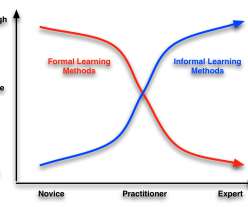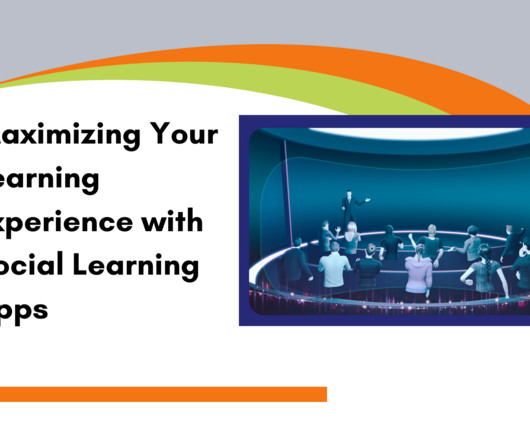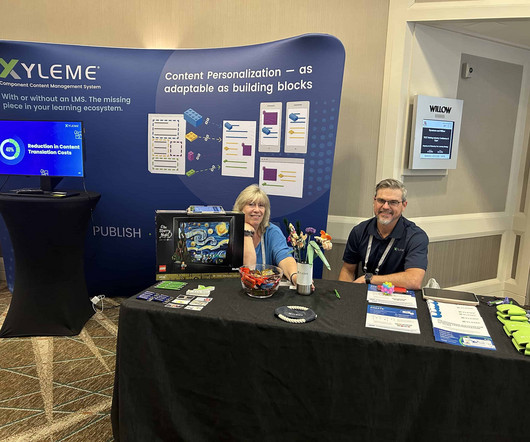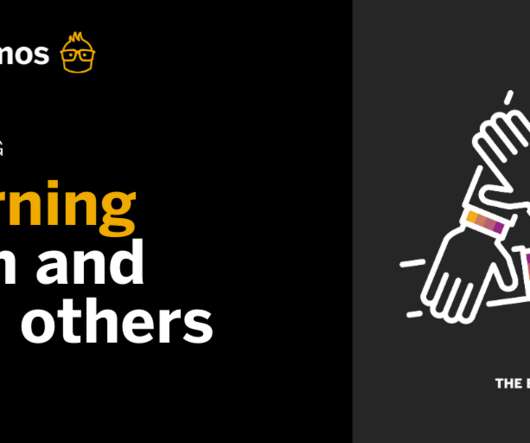Communities of Practice in your LMS: A hidden KM tool
TalentLMS
MAY 12, 2015
One highlight of a learning management system is its collaboration within course participants. Extend this to the Subject Matter Experts and popular spokes-person through a defined communication framework and you have a community of practice in action! Knowledge in this wiki is “community managed and owned”.











































Let's personalize your content